How sustainable tapware enhances a healthy home, and our environment
Written by
18 June 2025
•
7 min read
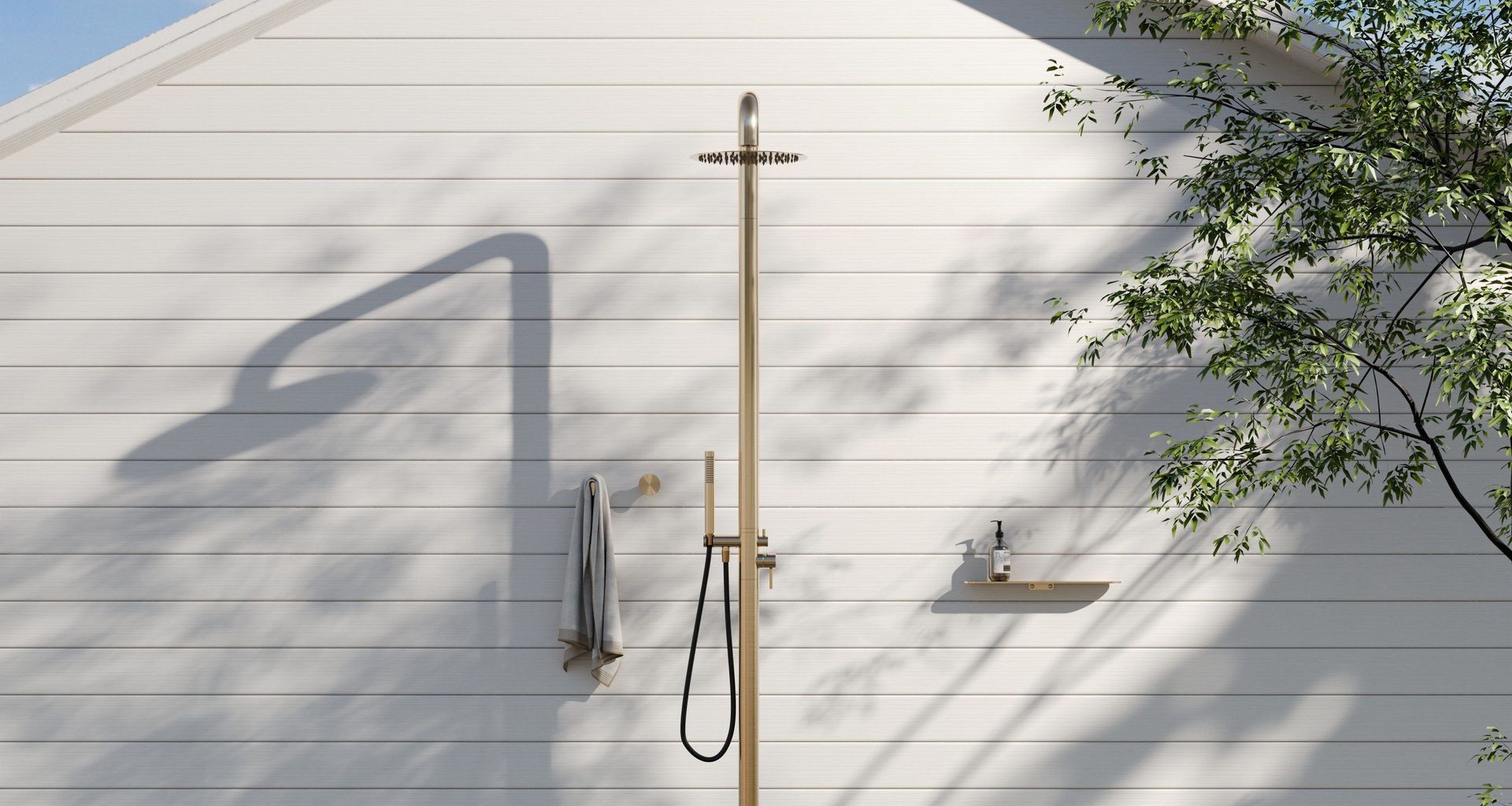
Tapware is often looked at through a design lens, with homeowners, industry professionals and specifiers rightfully focused on how a product looks and functions. However, a factor that is sometimes underestimated is health, which directly impacts the well-being of everyone in the home and has wider implications on the environment, too.
We sought the expertise of Tony Shirley, National Sales Manager at Nero Tapware, who has over 25 years of experience in the industry, for his views on sustainable tapware and how they represent the best and right choice for the future.
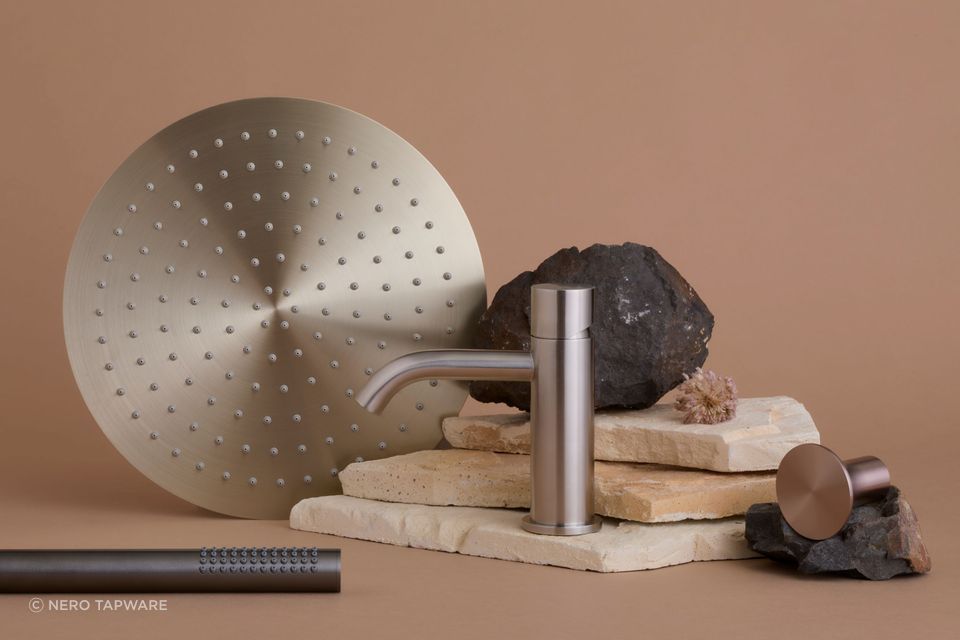
The importance of lead-free materials
The presence of lead in tapware and the potential for it to leach into drinking water is by far the biggest concern when it comes to these products, an issue that surprisingly lacks awareness amongst the public at large.
Long-term exposure to lead from contaminated drinking water can result in hypertension, brain and kidney damage and cardiovascular issues. Young children are particularly vulnerable, due to their smaller bodies, as well as pregnant women and their unborn babies.
Tony Shirley explains that it has been a long-standing problem in New Zealand, which is why Nero Tapware have aligned itself so strongly with lead-free products, with exquisite ranges like the Zen Collection, which uses non-toxic, lead-free and fully recyclable 316L stainless steel — a premium material that adheres to stringent environmental standards.
“At the moment, there is a huge number of products that have lead in them, which can leach out and be very harmful for us. That’s why we went very early on in the piece to bring all these lead-free lines through.”
Master Plumbers, which Nero Tapware is a Platinum Partner of, has been a strong advocate for regulation in this area, and the government is introducing new rules which state that plumbers can only install products they know to be lead-free.
Tony says these new rules, which will come into effect on 1st May 2026, are a positive step in the right direction.
“It's great that plumbers are going to be in charge of that. As a result of this, there will be some ranges and brands that will disappear completely, and I think it will be a good thing for our industry, and a good thing for the general public.”
However, as the new standards will be largely self-governed, consumers and professionals will need to be wary of manufacturers and suppliers who flout the rules. Tony explains that there are a few things that people will be able to look out for to do this.
“There'll be various ways that people will be able to identify it. There will be lead-free symbols and certifications from suppliers to prove that they are lead-free. We will have our products physically tested, and there will be laser etching on taps, in some cases, markings on boxes, and indicators on websites.”
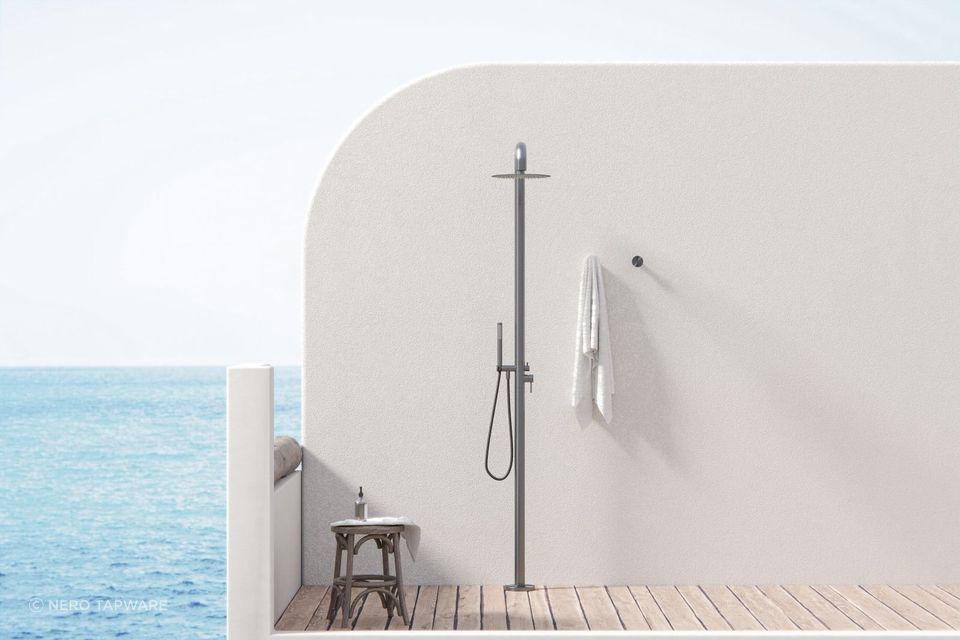
The value of longevity in product and support
In modern discussions on sustainability, product lifespans have become an increasingly important factor. To put it simply, if a product lasts a long time, then you won’t need to use resources to replace it, and it won’t quickly be sent to the landfill.
Judging the longevity of a product can sometimes be challenging, but Tony says the length of the warranty is a good place to start.
“When you talk about sustainability, the lifespan of a product is important. On our premium ranges, we have a 25-year warranty on colour and parts, compared to cheap products that may only have a one-year warranty or less.”
Low-quality products with a short lifespan can also impact the environment in other negative ways, as Tony continues.
“Cheap products end up in landfills, and if they also have lead, then they’re leaching that into our soil, which is not good in terms of sustainability.”
Nero Tapware also backs its long warranty with great support for servicing.
“We've aligned ourselves with Laser Plumbing, who do all of our servicing nationwide. They’re a very big plumbing outfit with extensive coverage and also have a great reputation in the field.”
For those designing their forever home, an investment property, or renovating with a long-term view in mind, it makes perfect sense to prioritise such products, a sentiment Tony agrees with wholeheartedly.
“We are finding more people are looking to future-proof their homes and, to me, that's a great idea. If you’re looking to be in a house for the next 10 - 15 years, you can actually start to map out what your home will look like with products that will last that whole time.”
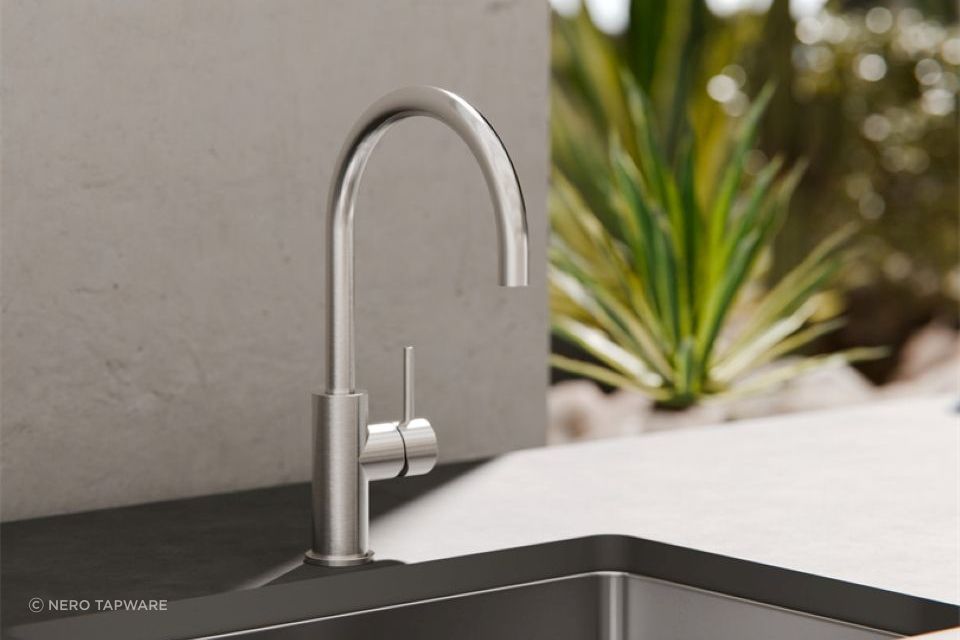
Eliminating wasteful packaging and manufacturing processes
Another area that sometimes flies under the radar when looking at the eco-friendly credentials of products in the building industry is packaging. Unless you’re in the industry, it’s not something that most would naturally think about, yet so much material is used to package and protect these products.
High-gloss boxes, plastic bags, cable ties, styrofoam — the list goes on of things that again largely end up in landfills. Tony explains how this has been a priority for Nero Tapware, and an area they are constantly looking to develop and improve.
“We'll actually soon be at a stage later this year, where all of our packaging will be fully recyclable. Our boxes have already gone that way, and all our spare parts come in paper bags.”
On a similar note, the manufacturing processes behind the production of these products often lack transparency, but improving these processes is also something that Nero Tapware is firmly behind.
“There's a real drive in our factories in China to be hugely recyclable, and to reduce their carbon footprint and emissions into the atmosphere. This includes things like being able to recycle the water that’s used in any production process, and making sure it’s filtered and safe before it’s disposed of.”
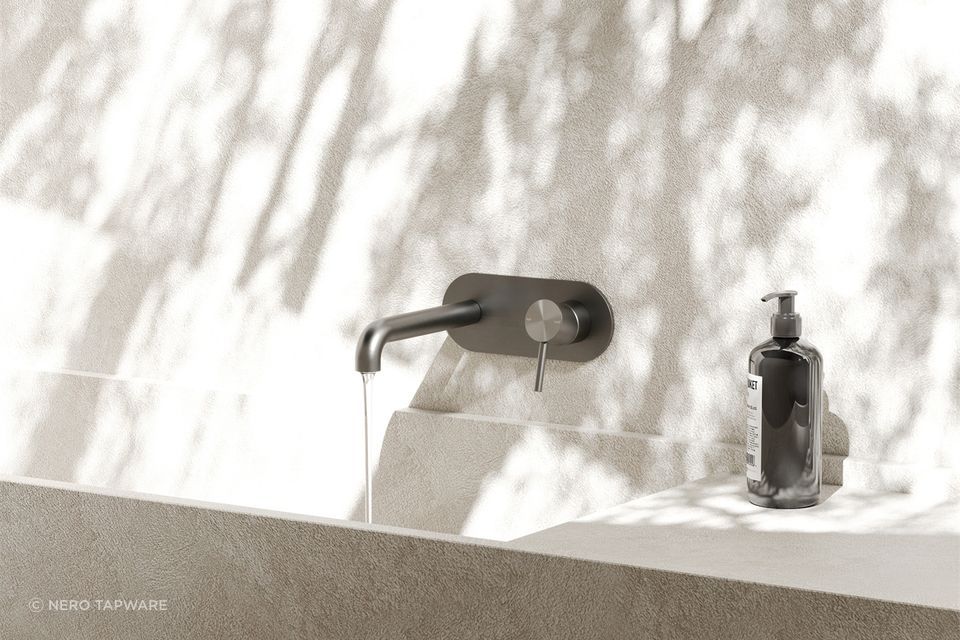
Final thoughts and advice
As you can see, a holistic approach is fundamental for truly circular and sustainable outcomes that result in healthy homes and a cleaner environment. Lead-free materials are key, and Nero Tapware’s preference for marine-grade 316L stainless steel, used in the aforementioned Zen Collection, is one of the most sustainable materials on the market, which Tony speaks to in detail.
“A lot of our production now is going to be in stainless steel which is fully recyclable, particularly if it's marine grade, which can even be used outdoors in certain settings. That will last, not only for a long time, but it's easier in some ways to produce and plate. So certainly you'll see a lot more stainless steel evolving in the industry.”
While the context of this article has centred around the implications of contaminants from taps in our drinking water, Tony rightly points out that the water from these taps is also used on our skin.
“You need to think about washing your face with water that flows out of your basin taps, or the water that comes out of your bath spouts and mixers. That’s all going on your skin, which absorbs water too. That’s another reason why you want a quality product without anything contaminated inside it.”
In his final comments, Tony emphasises the importance of making informed decisions and aligning yourself with brands and companies that have health and sustainability at the forefront of their thinking.
“I think it’s helpful to do research and familiarise yourself with lead-free products. Read the warranties to see what it covers when purchasing the product. Look at the sustainability of the packaging and support those with that as part of their mantra. I think most people are happy to get behind companies like that.”
Find out more about Nero Tapware and their stunning range of sustainable tapware